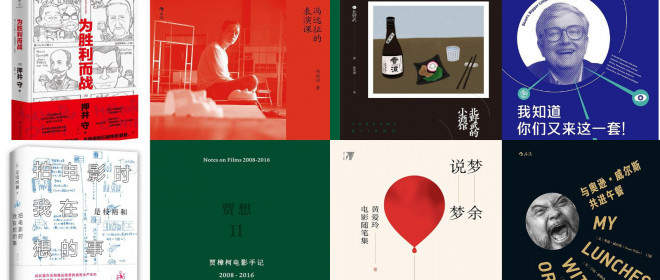
Special feature of 1905 film network While waiting for the cinema to resume work, it is better to read a movie book.
Xiao Dianjun specially recommended some Chinese film books published in recent two years. They are neither profound film theory nor serious film history or director research. These books are interesting, informative, relaxed and easy to read.
There are creative stories and mental journeys written by directors and actors, and there are also vicious jokes from filmmakers attacking their peers. This movie book list will open up or even subvert your previous understanding of movies.
Jia Xiang II
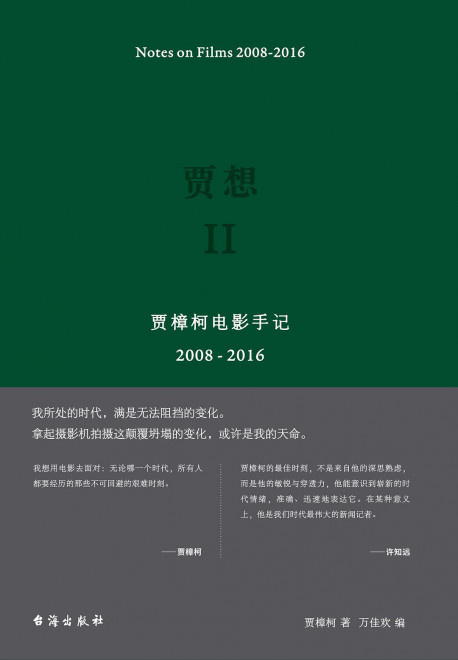
If Jia Zhangke didn’t make movies, he would also be an excellent writer.
Jia Xiang II is a sequel to Jia Xiang I, which arranges his essays, interviews and speeches from 2008 to 2016, which is very readable.
His style of writing is gentle, his brushwork is delicate and his sense of language is good. "When the rain falls on the apple tree, the tree will grow and the fruit will mature. Tears fall on white paper, the script will be completed and the film will be born. It turns out that works are like plants and need water. " Jia Zhangke is an idealistic literary and art worker, both in movies and in writing.
In the article "Sorrow on the Upper Body", he lamented the emotional side of the past of youth, "I don’t believe, you can guess our ending" and his rational judgment on the sixth generation of directors … From these words, we can see that he has been thinking about the relationship between movies and the times and people.
In recent years, Jia Zhangke organized Pingyao International Film Festival and directed and starred in movies one after another. He also kept writing, and I believe that Jia Xiang III will be ushered in soon.
What I was thinking when I was making a movie
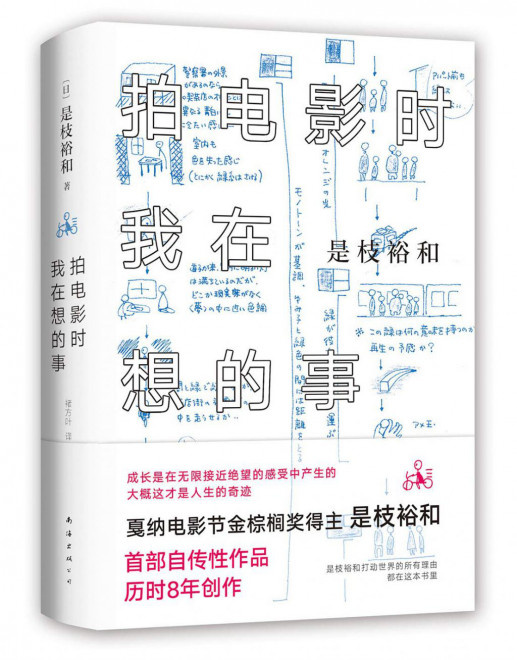
This is an autobiographical collection of essays by Japanese director Hirokazu Koreeda, which covers the behind-the-scenes creation of each work and his understanding of TV and film art, from his documentary shooting on TV to his film in 2016.
Why did Hirokazu Koreeda win the Palme d ‘Or in Cannes? This book is like a set diary, which can give you a glimpse of his path to success.
There is an interesting story in the book. Hirokazu Koreeda recalled an old story with his idol director Hou Xiaoxian.
When he made his first film, he shot it in strict accordance with the 300 shots he drew, and the film was well received after the premiere. When he met Hou Xiaoxian at the Tokyo Film Festival, he thought he would be praised, but he was criticized.
"Great technique. The question is, have you drawn all the shots before filming?" "Where is the camera? Shouldn’t we wait until we see the performance of the actors on the spot? You have made a documentary, you should understand? " Hou Xiaoxian’s words gave Hirokazu Koreeda a great impact, and he described them as "unforgettable".
After that, Hirokazu Koreeda never drew a split-mirror picture again, and the film style was completely different.
Feng Yuanzheng’s acting class.
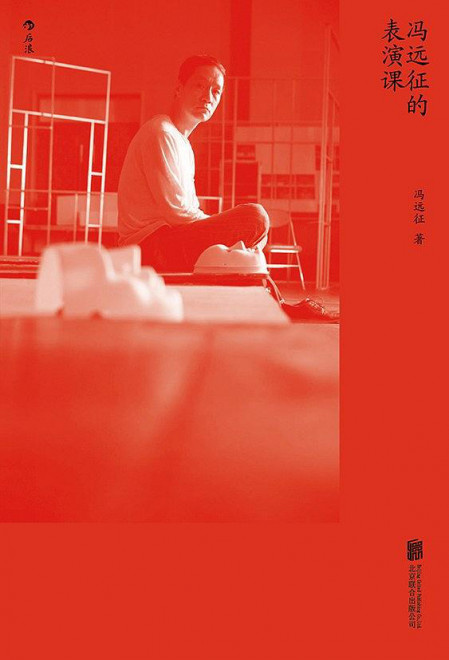
When it comes to performance, we can’t do without the Steiner system and methodology, but do you know that there is another school called "Grotowski Performance"? Feng Yuanzheng is the earliest successor of this system in China.
The first part of this book is like Feng Yuanzheng giving a lecture, but it is not boring, but conveying what he has learned all his life to readers in an easy-to-understand way.
He introduced many fresh and interesting teaching practices, such as warm-up games, pronouncing words, and solving performance problems through physical stimulation … which is very enlightening for actors and interesting for those who don’t understand performance.
The last part of the book is Feng Yuanzheng’s analysis of the roles he played. An Jiahe, the "domestic violence man" in Don’t Talk to Strangers, has become a classic on the screen. "Understand him and find out the place to care for humanity and human feelings from him." This is what Feng Yuanzheng did to the characters at the beginning.
In the movie, Feng Yuanzheng deliberately showed his red nails. "Since I designed it, I will definitely make it appear in the camera and show it in front of the audience." This is the performance concept he followed.
"I know you’re doing this again! 》
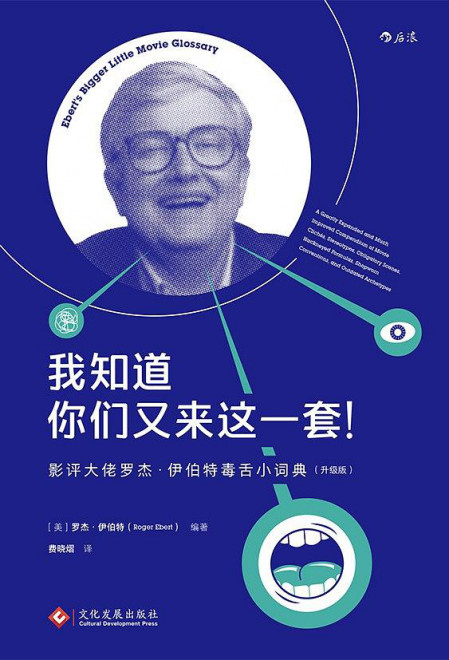
"Too old-fashioned!" Do you often sigh like this when watching movies?
After reading more movies, you can gradually find out some routines in the movie. This book collects more than 1,000 bad customs that often appear in Hollywood genre films in the form of dictionary entries, including the summary of roger ebert, an editor and a famous American film critic, and the sharp humor of fans from all over the world.

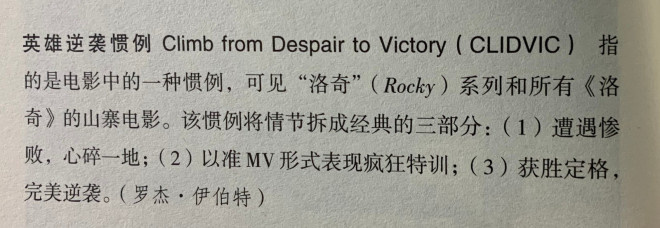
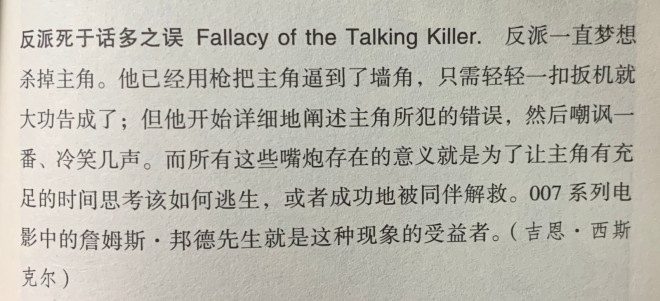
Excerpts from the book
Classic series such as "007" have been ridiculed many times, and even Hollywood movies and even many domestic film and television works can’t escape these plot routines pointed out in the book.
The director recently revealed that Apple forbids the villains in the movie to use the iPhone, but if you read the book "Behind the scenes is the agent!" One, you can guess early that the murderer in "A Sword Drawn from its Sheath" is an "American team" with little drama in the first half.
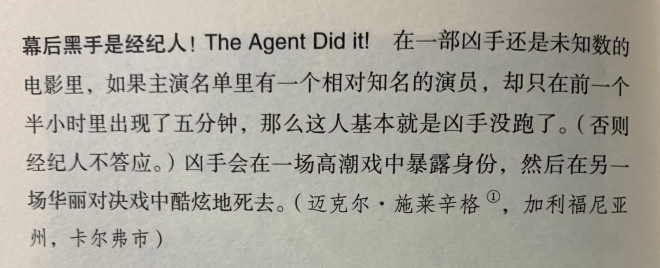
Such as a film criticRaymond ZhouRecommended by: "For ordinary fans, this book seems to be a set of funny books that mercilessly ridicule movie stereotypes, and it is a parody comedy; But for film directors, it can be used as a warning manual to see if they have slipped into the ditch without knowing it. "
Lunch with orson welles
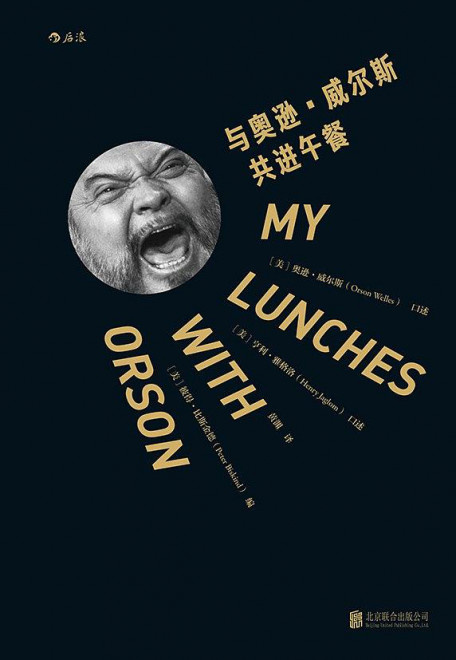
This is an interview with director orson welles, which recorded several private conversations with his close friend Henry Jaglom from 1983 to 1985.
As one of the greatest filmmakers in history, he directed and starred in films that made him gain infinite scenery.
But in his later years, he lived a miserable life. Due to the lack of an ideal producer and sufficient funds, the ambitious films such as Don Quixote, King Lear and Dreamer were all hindered until his death.
The dialogue in the book is also accompanied by Wells talking about the preparation of these films. Of course, the biggest attraction is his various revelations to the Hollywood film industry, his sharp words, and his criticism of a bunch of recognized classic films and famous filmmakers.
He didn’t like Hitchcock’s films made in America, calling them "bad movies" and "worse".
Charlie Chaplin is also outspoken, saying that he loves to steal the limelight. There are six writers under him, who plagiarized the authorship of his screenwriter in the film and greatly cut buster keaton’s scenes in the film.
It can also be seen from the dialogue that orson welles is a complicated and contradictory person, who is arrogant and worried from time to time. Just like his unfinished movie, when is the real him will always be a mystery.
Fight for victory
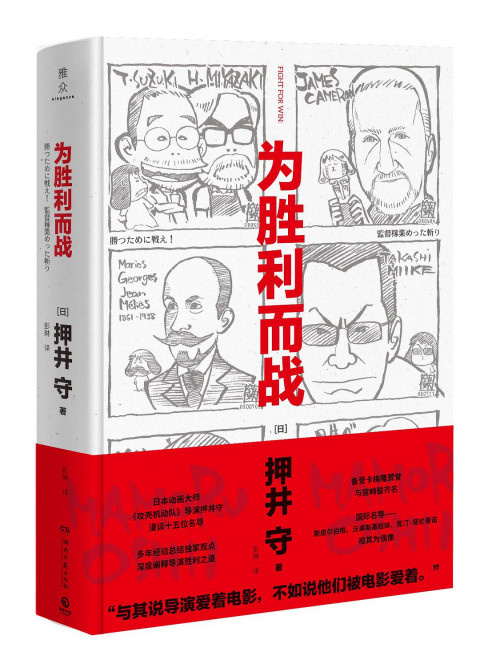
Ghost in the shell.directorOshii MamoruLike Lunch with orson welles, it is also a private dialogue, but there is a core theme in the discussion process, that is, a set of "directors always win" that he upholds.
Mamoru Oshii rambled about dozens of famous film directors, and revealed the behind-the-scenes secrets of Japanese animation industry, so as to expound his methodology of victory. He said that one of the conditions for the director to win is that he can continue to make movies and reserve the right to make the next movie.
Although Miyazaki Hayao’s box office and reputation are both bumper, Mamoru Oshii thinks that he is not a winner, but an "infinitely unfortunate person". Miyazaki Hayao and toshio suzuki continued to cooperate, and they didn’t leave a retreat for themselves. They couldn’t surpass it in the future. If the box office of the new film is slightly worse than the previous one, it will be recognized as a failure by the outside world.
Similarly, the success of Harmony has made Cameron’s winning conditions higher and higher.
Mamoru Oshii also criticized the director as a businessman with no foresight. When he saw his first sentence, he asked, "Can you direct the animated version of The Matrix?" And he recognized guillermo del toro very much, praising him for never failing, not only keeping his original heart and going to Spain to shoot, but also avoiding directing some bad film projects in Hollywood.
Mamoru Oshii’s judgment was right, too. The director of "The Matrix" went downhill from then on, and Toro made it later, winning the Venice Golden Lion Award and the Oscar for Best Picture in one fell swoop.
Whether right or not, these personal arguments also provide a new perspective for everyone to see what is the director’s victory.
The bistro in Kitano Takeshi.
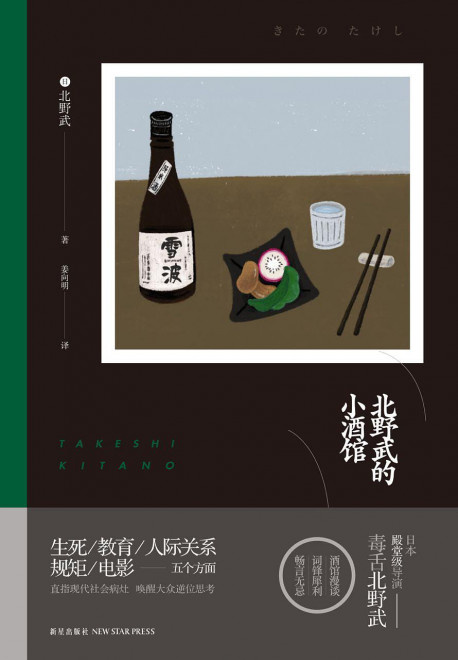
As the title suggests, reading this book is likeKitano TakeshiWhile drinking a little wine, I ramble with you. The truth revealed is tender and lovely, cunning and even self-explanatory.
Laughing and cursing is his unique philosophy of life, which brings together dialectical views on modern social problems.
Speaking of movies, Kitano Takeshi shared his meeting with Akira Kurosawa before his death, which was very touching. Kurosawa once wrote to him, in which he wrote: "The future of Japanese movies depends on you." Kitano Takeshi said that he would never forget this sentence in his life.
Dream after Dream
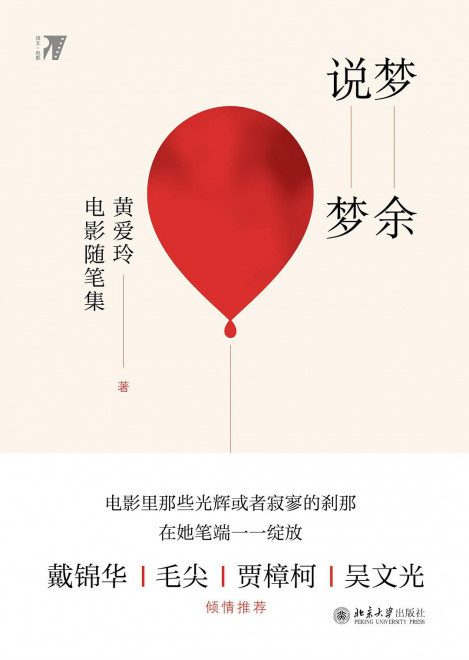
Compared with the uneven collection of film reviews on the market now, the film critic Huang Ailing’s Dream after Dream is more worth reading. Her words are all emotional expressions after mastery, and her writing is very simple, elegant, delicate and full of poetry.
Each article is only two or three pages and thousands of words. Often speaking of a movie will be associated with other movies that seem to be irrelevant, and every sentence points to the key points of the film.
The book mainly includes her comments on French films and Chinese films, and when she writes about what she likes, the content space is obviously increased. The comments on China’s early films are rich in historical materials.
"A good movie is to express feelings that words can’t express through images; A good comment is to restore the atmosphere contained in the image by words. " Jia Zhangke said that this is the case with Huang Ailing’s film reviews.
The first sentence at the beginning: "I am a natural wandering soul, and I can dream all day and night." For every movie fan, isn’t watching a movie a dream?
关于作者